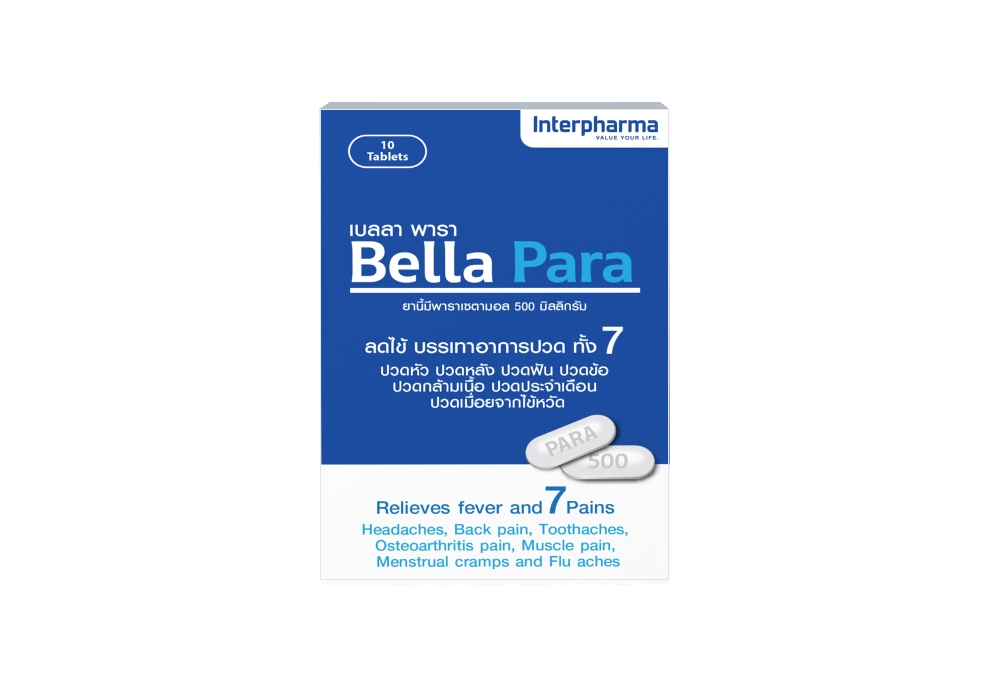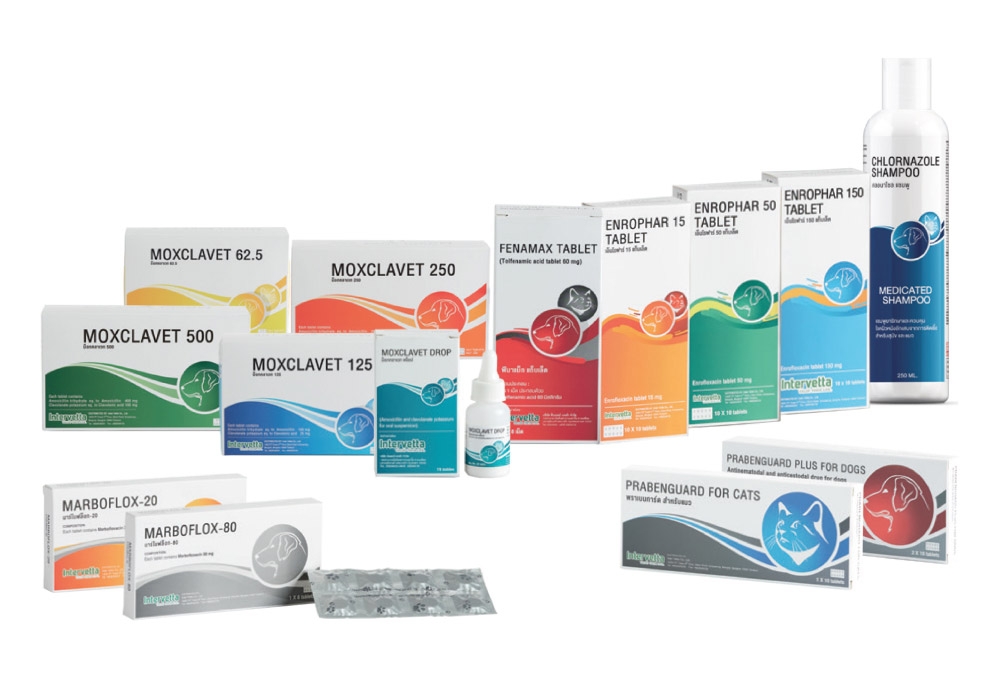10 Techniques to Prevent Alzheimer's: How to Keep Your Brain Healthy for Life

10 Techniques to Prevent Alzheimer's: How to Keep Your Brain Healthy for Life
Brain health is a crucial aspect of our well-being that should not be overlooked, especially when it comes to preventing Alzheimer's disease, a growing global health concern. Alzheimer's is a disease that affects memory and brain function, leading to a loss of ability to perform daily activities. The good news is that we can reduce the risk through changes in our behavior and lifestyle. Taking care of our brain from a young age will help us enjoy a high quality of life in our senior years. Here are 10 ways to keep your brain strong and reduce the risk of Alzheimer's that anyone can do.
1. Regular Exercise Helps Combat Alzheimer's
Physical activity is not just beneficial for muscles and the heart; it is also a key to maintaining brain health. Exercise increases blood flow to the brain, ensuring that nerve cells receive adequate oxygen and nutrients. Furthermore, it stimulates the production of proteins that aid in the growth of neurons. Activities like brisk walking, swimming, dancing, or yoga are suitable for all ages. Engaging in these for at least 30 minutes a day, 5 days a week, can effectively reduce the risk of memory loss and Alzheimer's disease.
2. A Brain-Boosting Diet Rich in DHA
Nutrition is a critical factor in preventing Alzheimer's, particularly nutrients that affect the function of nerve cells. DHA is an omega-3 fatty acid essential for the brain, aiding in communication between neurons and memory formation. Consuming foods rich in DHA can help slow down the brain's aging process. Fatty fish such as salmon, tuna, sardines, and mackerel are excellent sources of DHA. Additionally, walnuts, chia seeds, and flaxseeds provide the same nutrients. Eating fatty fish at least 2-3 times a week will help strengthen your brain.
3. Quality Sleep Prevents Alzheimer's
While we sleep, the brain performs a detoxification process, clearing out waste products accumulated during the day, including the amyloid protein associated with Alzheimer's. Insufficient or poor-quality sleep hinders this cleansing process, allowing toxins to build up in the brain and increasing the risk of memory decline. Adults should aim for 7-9 hours of sleep per night. Creating a sleep-conducive environment, such as a dark, quiet, and cool room, avoiding electronic devices for at least an hour before bed, and establishing a consistent sleep routine can help improve sleep quality.
4. Train Your Brain with Cognitive Activities to Fight Alzheimer's
The brain needs regular stimulation to maintain the strength of its neural connections. Engaging in activities that challenge your cognitive abilities helps create new neural pathways, making the brain more resilient and better able to resist degenerative processes. These activities can delay memory loss and reduce the risk of Alzheimer's disease. Reading, solving puzzles, playing board games, learning a new language, playing a musical instrument, or keeping a journal are all beneficial for the brain. Choosing a variety of activities and changing them periodically will help stimulate different parts of the brain comprehensively.
5. Stress Management to Prevent Alzheimer's
Chronic stress is a significant risk factor that increases the likelihood of memory impairment. When the body is in a state of stress, it releases high levels of the hormone cortisol, which is harmful to nerve cells, especially in the hippocampus—the brain's memory center. Learning to manage stress effectively can protect the brain from this damage. Techniques such as prayer, meditation, deep breathing, listening to music, or spending time in nature can help reduce stress. Making time for relaxation and enjoyable activities regularly will promote mental calmness and lower the risk of Alzheimer's.
6. Social Engagement Helps Reduce Alzheimer's Risk
Humans are social creatures. Regular interaction with others stimulates brain functions related to communication, critical thinking, and emotional control. People with active social lives tend to have a lower risk of memory decline than those who are isolated. Building and maintaining good relationships with those around you is a worthwhile investment in your brain's health. Participating in community events, volunteering, meeting up with friends, or joining groups with shared interests are great ways to maintain social connections. For retirees, finding activities that involve others can help preserve brain strength and prevent Alzheimer's.
7. Weight Management Lowers Alzheimer's Risk
Being overweight, especially with fat accumulated around the abdomen, is linked to an increased risk of Alzheimer's. Excess fat affects the circulatory system, reducing the delivery of oxygen and nutrients to the brain. It also increases inflammation in the body, a factor that accelerates the degeneration of nerve cells. Maintaining a healthy weight through a balanced diet and regular exercise can mitigate this risk. Avoiding processed foods high in sugar, salt, and saturated fats and choosing fresh, whole foods instead will help maintain overall health and further prevent Alzheimer's.
8. Avoiding Harmful Substances to Prevent Alzheimer's
Smoking and regular alcohol consumption are highly detrimental to the brain. Chemicals from cigarettes damage nerve cells and reduce blood flow to the brain, while large amounts of alcohol can affect brain structure and increase the risk of memory loss. Quitting smoking and limiting alcohol intake will help protect the brain from damage. If you drink alcohol, do so in moderation—no more than one drink per day for women and no more than two for men. For smoking, quitting entirely is the best option. Consulting a doctor or specialist can help you succeed in quitting these substances and reduce your risk of Alzheimer's.
9. Health Check-ups to Monitor for Alzheimer's
Chronic diseases such as diabetes, high blood pressure, and heart disease increase the risk of developing Alzheimer's because they affect the circulatory system and the nutrient supply to the brain. Annual health check-ups and keeping chronic conditions under control can help minimize their impact on the brain. Strictly following your doctor's advice is essential. Regular monitoring of blood sugar, blood pressure, cholesterol levels, and kidney function is recommended. Additionally, keeping up with vaccinations and maintaining good oral health are also important for brain health, as various infections can affect the risk of memory decline.
10. Creating a Safe Environment Prevents Alzheimer's
Protecting your head from impact and avoiding exposure to harmful chemicals are crucial for brain health. Accidents that cause head trauma can affect brain function and increase the long-term risk of memory loss. Wearing a helmet when riding a motorcycle, using a seatbelt in a car, and being cautious during work or sports are all measures that can reduce the risk of Alzheimer's. Dangerous chemicals, such as those in paints, pesticides, and some cleaning agents, can be harmful to the nervous system. Using protective gear and ensuring good ventilation when using these substances can lower the risk. Choosing environmentally friendly products with non-hazardous ingredients can significantly contribute to preventing Alzheimer's.
Conclusion
Preventing Alzheimer's is achievable by adopting a modified lifestyle. The 10 methods mentioned above are proven strategies for maintaining brain health. Exercise, a diet rich in DHA, adequate sleep, brain training, stress management, social engagement, weight control, avoiding harmful substances, regular health check-ups, and creating a safe environment are the fundamental pillars in the fight against memory loss.
However, the key is to start today and be consistent. Investing in your brain health from a young age will help ensure a high quality of life in your later years. Although there are genetic factors beyond our control, these behavioral changes can significantly reduce the risk.













